This week’s car design round-up has a strong CES flavour. Here are some of the automotive highlights from the show
Software-driven solutions, connectivity, AI and in-car content were big topics this year at the massive annual tech convention in Las Vegas. While many OEMs aren’t splashing out on massive stands and new debuts as they once did, the show is still a critical glimpse into the future for consumers and designers alike, especially on the supplier front. Here is a quick round-up of what we’ve seen on the show floor.
Mercedes-Benz announced its new AI-powered Virtual Assistant, which will run on the company’s forthcoming, in-house-built MB.OS architecture. The company also debuted its “Sound Drive” feature, created by musical artist will.i.am, with additional layers of audio that respond to driver inputs such as throttle, brake and steering.
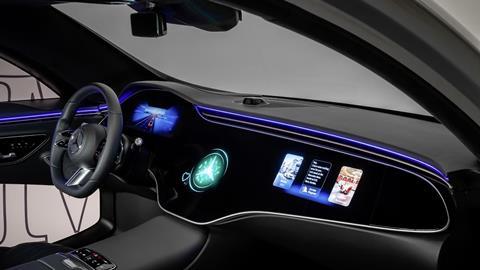
BMW demonstrated a remote parking feature as well as its 9.0 operating system with an updated version of its voice assistant that uses Amazon’s Alexa Large Language Model, along with a new video app, that will allow for live TV and on-demand streaming.
Volkswagen also showed off a new version of its voice-activated digital assistant, which uses Chat GPT for enhanced functionality and more natural language recognition.
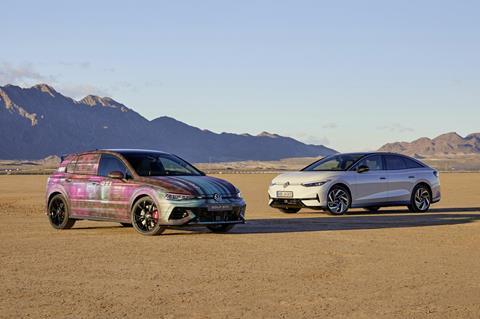
Honda showed its “Honda 0 Series,” built on a new EV platform with sustainable materials and advanced interfaces, while the Space-Hub model offers a spacious and flexible cabin, enhancing daily life. Read more on that here.
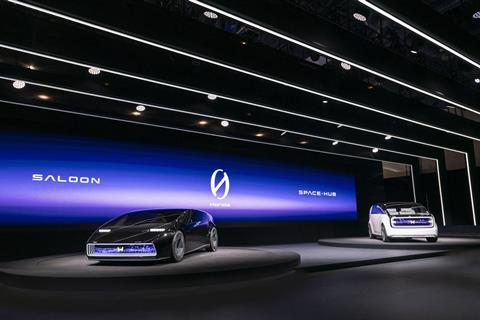
VinFast, the Vietnamese startup, hopes to take on competitors like Rivian and the rebooted Scout brand with its VF Wild pickup concept. The company claims a 250-mile driving range, but did not announce specifics on powertrain or battery.
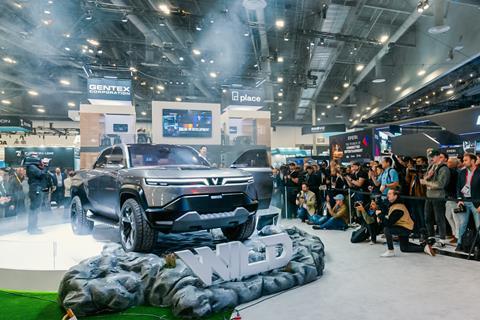
Qualcomm showed a variety of technologies, based on its Snapdragon digital chassis platform, to support next-generation digital cockpits, connected car technologies, connected services, automated driving systems, and advanced driver assistance. This means UX/UI designers will have more features, power, and capabilities to take in-car experiences to the next level.
Supernal S-A2 the Hyundai subsidiary, based in Silicon Valley unveiled the S-A2 eVTOL vehicle, an electric vertical takeoff and landing aircraft designed for city operations with a range of 25 to 40 miles. With a design done by the Genesis Irvine studio, it features an offset pilot seat that allows space for luggage, a large DLO, transparent materials, and extensive ambient lighting. (More on this soon).
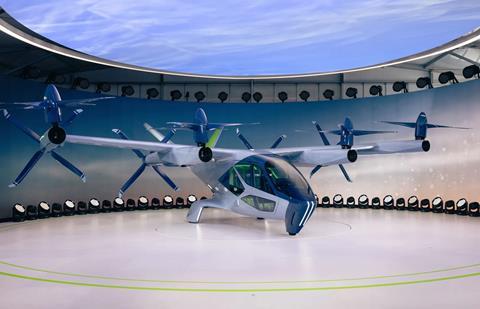
LG garnered lots of attention (and awards) for its mind-boggling transparent OLED TV. While the tech is not yet offered for automotive applications, a see-through display would be a game-changer for interior and UX/UI design.
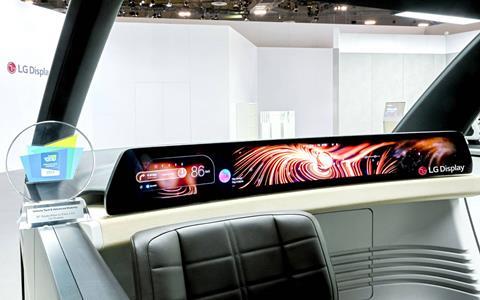
Forvia garnered four CES 2024 Innovation Awards including the FlatLight, a multicolour and multifunctional rear lamp system that employs micro-optics smaller than a grain of salt, reducing installation space by 90 percent.
The Skyline Immersive Display enhances driving safety by minimizing distraction, and the eMirror Safe UX software replaces side mirrors with a camera-based system, expanding the driver’s field of view. Additionally, FORVIA’s Light Tile for Transparent Door offers an advanced driving assistant information (ADAS) through see-through panels for improved safety in challenging conditions.
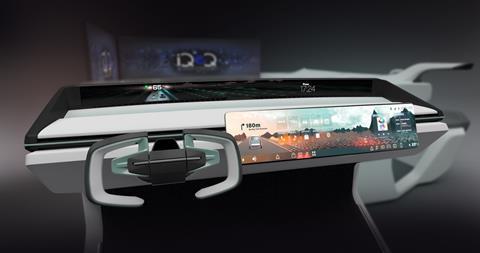
Magna introduced a breath and camera-based pre-development technology designed to combat impaired driving, combining camera technology that monitors driver’s eye and head position along with infrared sensors that can detect alcohol on a driver’s breath. It also announced its 800V eDrive system, a smaller and lighter version of its drop-in solution for EVs that incorporates several advanced technologies.
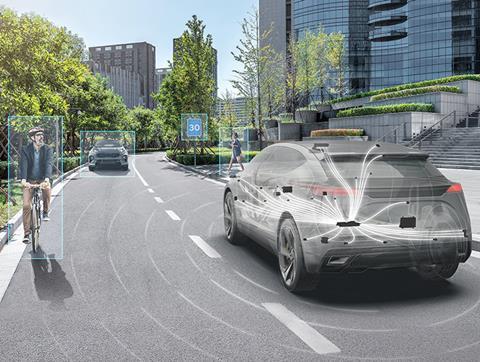
There is more to come out from the show, so watch this space.

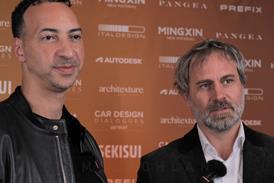
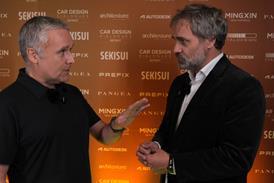
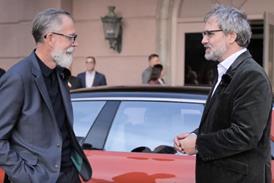
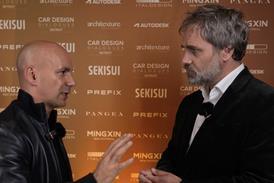
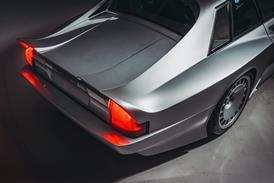
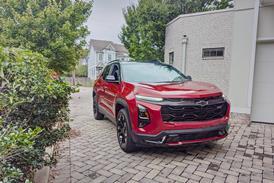
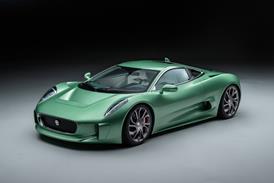
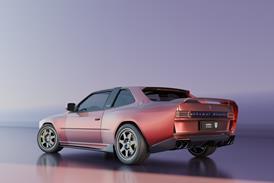

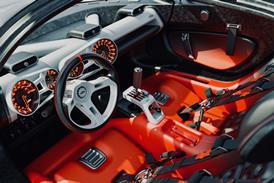


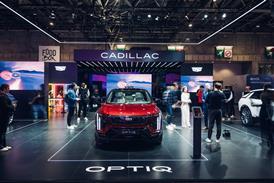
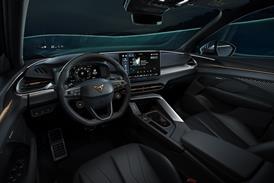
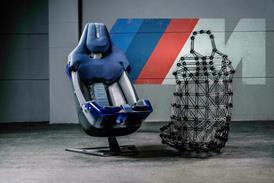
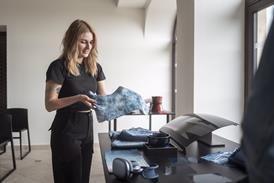
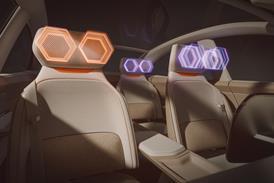
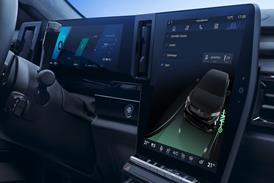
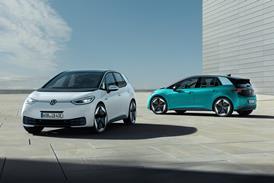
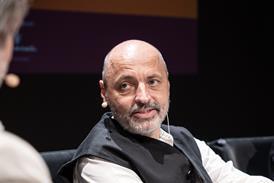
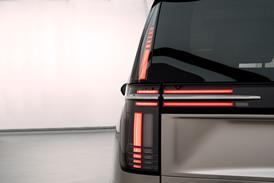
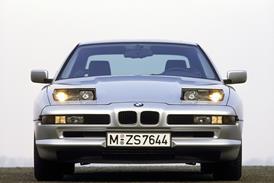
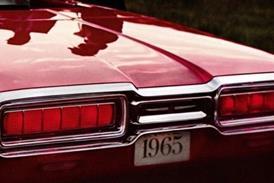
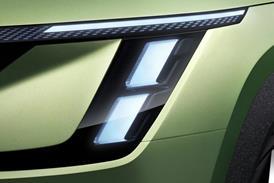




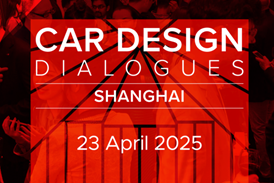
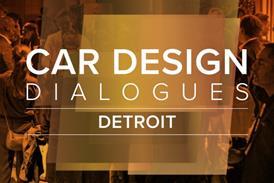

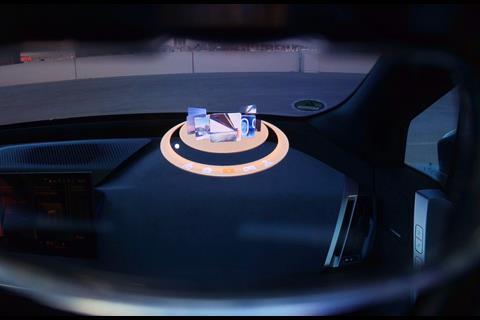
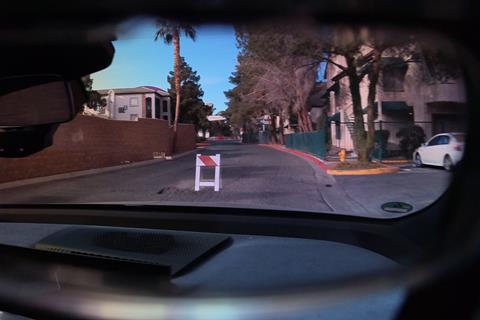
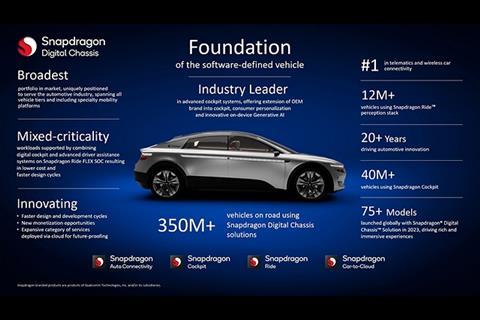
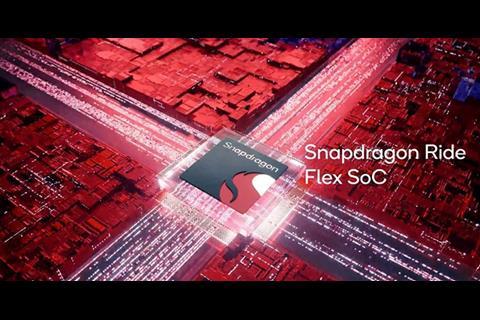
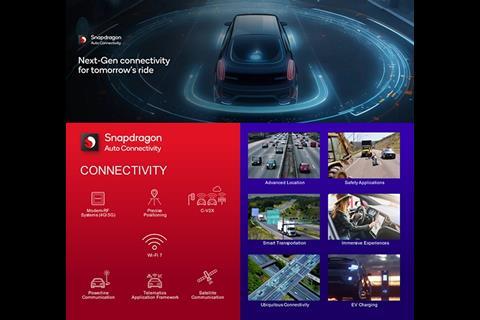
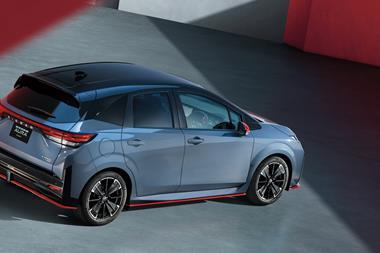
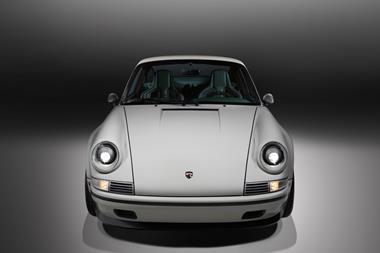
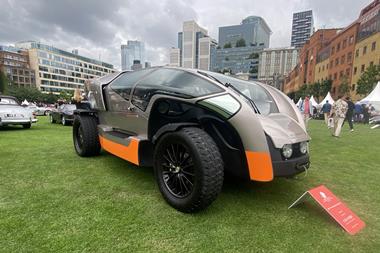
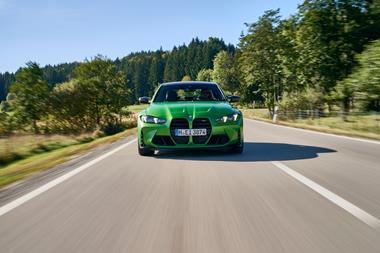
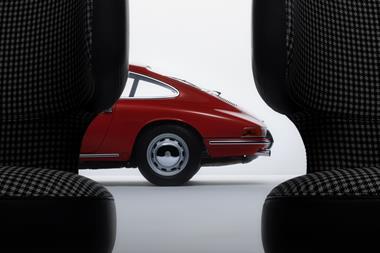



No comments yet